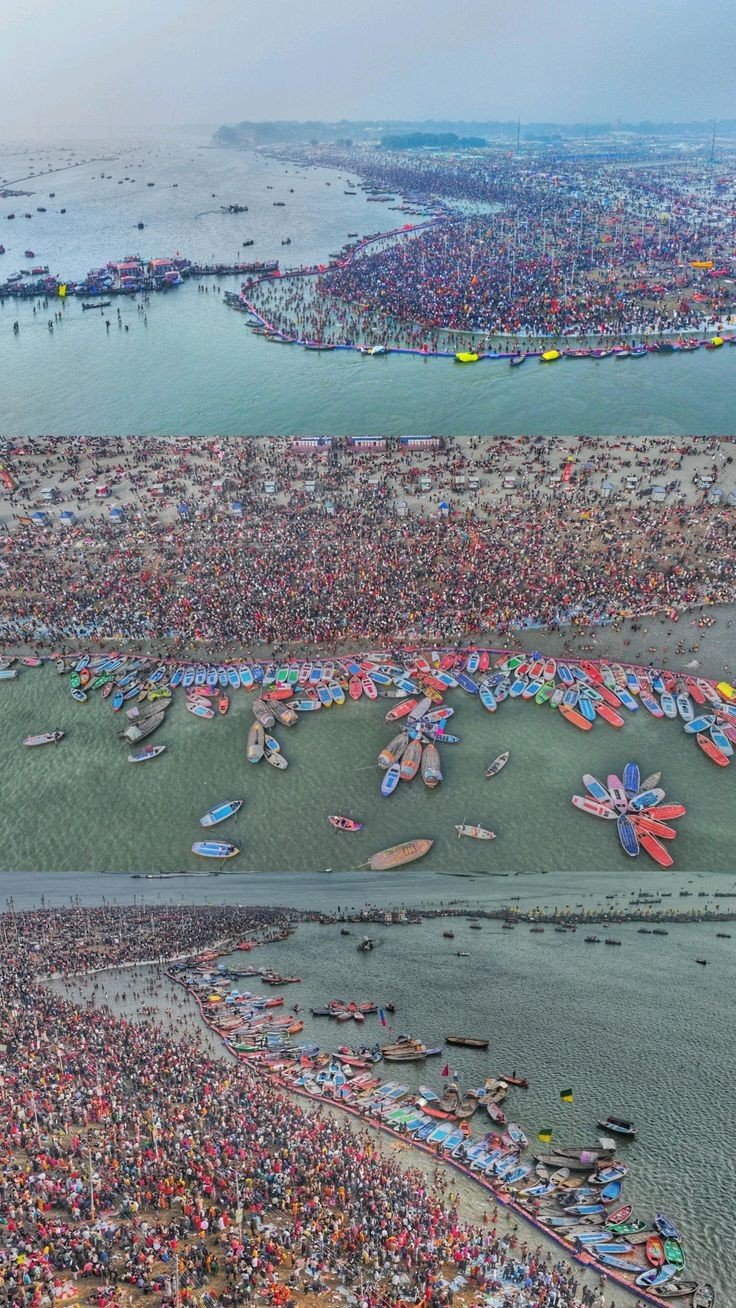The relationship between Indian Prime Minister Narendra Modi and U.S. President Donald Trump has been marked by a series of significant interactions that reflect the evolving dynamics of Indo-U.S. relations. Since Narendra Modi assumed office in 2014 and Donald Trump in 2017, their meetings have aimed to bolster cooperation across various sectors, including trade, defense, and counter-terrorism. These interactions are pivotal not only for enhancing bilateral ties but also for addressing shared global challenges.
Historically, India and the United States have maintained a complex relationship characterized by periods of both collaboration and contention. The post-Cold War era marked a shift towards partnership, particularly in economic and strategic domains. Prime Minister Modi’s “Act East” policy resonates with the U.S. strategic interests in the Indo-Pacific region, fostering a sense of alignment essential for both nations. President Trump’s administration has shown a keen interest in strengthening ties with India, recognizing its potential as a major player in global politics.
Their previous meetings, including Modi’s visits to the U.S. and Trump’s visits to India, have facilitated discussions that have significantly impacted the diplomatic landscape. These engagements allowed both leaders to establish personal rapport, which has often translated into policy advancements. The outcomes of their discussions have not only affected the domestic landscapes of their respective countries but have also had global ramifications, influencing neighbors and international alliances. The latest meeting is expected to build on this foundation, considering the geopolitical tensions that persist in Asia and the need for economic recovery post-pandemic.
As the world looks towards the future, the Modi-Trump interactions will continue to play a crucial role in shaping the trajectory of Indo-U.S. relations, influencing economic stability, regional security, and promoting democratic values in an increasingly multipolar world.
The meeting between Prime Minister Narendra Modi and President Donald Trump marked a significant moment in U.S.-India relations, characterized by both leaders addressing a variety of pressing concerns and opportunities for collaboration. One of the primary topics of discussion was trade, where they deliberated on enhancing economic ties and addressing existing trade imbalances. In recent statements, both leaders expressed a shared commitment to facilitating a fair and equitable trading environment that would benefit both countries, highlighting a potential bilateral trade agreement that could streamline processes and reduce tariffs.
Another crucial aspect of the meeting was the strengthening of defense partnerships. Modi and Trump focused on military cooperation, exploring ways to expand joint exercises and technology transfers. The importance of counter-terrorism efforts was also emphasized, with both leaders affirming their commitment to tackling global terrorism. Insights shared during the discussions suggest a potential collaborative framework that would enhance intelligence sharing and operational coordination between the two nations’ defense forces.
The media reaction to the meeting has been largely positive, with analysts noting that the alignment on key issues signifies a deepening relationship. Some experts have pointed out that the concrete agreements reached during the discussions could pave the way for increased U.S. investment in India, particularly in sectors like renewable energy and digital technology. Furthermore, the strategic dialogue surrounding Indo-Pacific security remains a focal point for both nations, reflecting a shared vision for a free and open region.
As updates continue to emerge from the meeting, key stakeholders are keenly interested in the implications of the discussions, particularly how they will shape the future trajectory of U.S.-India relations. The outcomes of the Modi-Trump meeting not only highlight the leaders’ mutual interests but also reinforce a partnership aimed at addressing global challenges effectively.

The developing relationship between Prime Minister Narendra Modi and President Donald Trump has been noted for its unique blend of personal rapport and diplomatic engagement. Their interactive style, characterized by mutual respect and camaraderie, has not only shaped public perception of the Indo-US relationship but also significantly impacted diplomatic negotiations. Early in their interactions, both leaders displayed a willingness to establish a personal connection, which has fostered an environment conducive to collaboration on various international issues.
Anecdotal instances illustrate the nature of their friendship. For example, during Modi’s visit to the United States, he was hosted for a lavish event in Houston, where Trump addressed thousands of Indian-Americans. This gathering, known as “Howdy Modi,” served as more than just a showcase of personal rapport; it reflected a shared ambition to strengthen economic ties and deepen strategic partnerships. The warmth displayed by Trump and Modi during such events has been pivotal in creating a favorable perception of bilateral relations among their respective constituents.
The collaborative efforts between the two leaders extend to discussions on critical matters such as trade, defense, and climate change. By showcasing their personal friendship through joint public appearances and statements, both leaders have been able to broach sensitive subjects with a sense of trust. This mutual understanding is essential as it often leads to more effective negotiations, as both leaders feel more comfortable addressing complex issues within the context of their relationship.
Ultimately, the camaraderie between Modi and Trump has not only influenced dialogue between India and the United States but also laid the groundwork for future partnerships. Their relationship symbolizes a blend of personal and professional diplomacy, which has vast implications for both nations as they navigate an increasingly interconnected world.
The meeting between PM Narendra Modi and President Donald Trump has the potential to significantly shape the trajectory of Indo-US relations. As both nations continue to navigate a rapidly changing global landscape, it is imperative to consider the anticipated collaborations and strategic partnerships that may emerge from their discussions. One of the key areas likely to benefit from this meeting is defense cooperation. Given the increasing tensions in regions such as the South China Sea, both countries recognize the importance of a unified front to address security challenges and bolster their military ties.
Moreover, economic partnerships are expected to deepen as a result of these talks. With India showcasing its growing market and manufacturing capabilities, the United States may seek greater investments in technology transfer and innovation. This could lead to enhanced trade agreements that not only benefit the economies of both nations but also contribute to job creation and skill development in India. However, challenges persist, including trade imbalances and regulatory hurdles that need addressing for a more sustainable economic relationship.
Insights from foreign policy experts suggest that the outcomes of this meeting may also influence global geopolitics beyond Indo-US relations. For instance, an increased alignment between the two nations could act as a counterbalance to China’s rising influence. Such a partnership may foster stronger ties with other democracies in the Asia-Pacific region, ultimately redefining power dynamics on a global scale.
In conclusion, the meeting between PM Narendra Modi and President Donald Trump presents a unique opportunity for enhancing Indo-US relations. While the potential for collaborations exists, the path forward will require diligent efforts to navigate any existing obstacles. The implications of their discussions will resonate well beyond bilateral ties, contributing to larger international strategic landscapes.









Leave a Reply